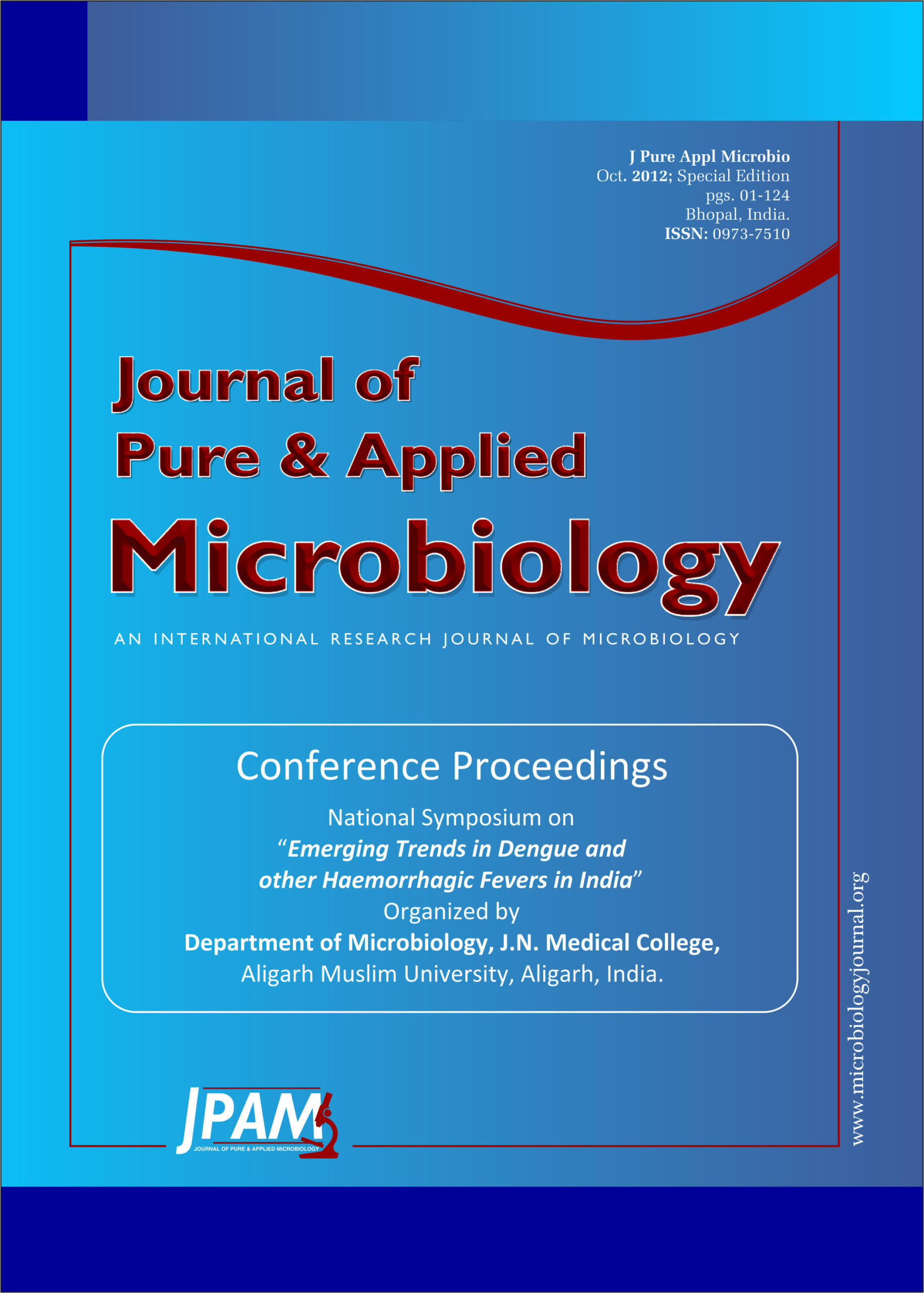During the last decade, more severe epidemics of dengue have hit several cities in India. Despite the magnitude of the problem no documented evidence exists in Aligarh which reveals about the awareness of dengue fever. The present study aims to assess the knowledge and preventive practices, regarding dengue fever in patients attending a tertiary hospital. An independent, cross-sectional, questionnaire based survey was done in the month of August and September 2011. A sample of 218 participants was selected by probability sampling from the central waiting hall of OPDs at JNMCH. The tool was a semi structured and pretested proforma. Data collected was entered and analysed by SPSS 13 for windows. About 78% of individuals had heard of dengue and knowledge was poor. Literate individuals had relatively more knowledge that the illiterate. Urban residents were also more informed compared to rural inhabitants. Knowledge on prevention was mainly focused on self protection from mosquito bite rather than eradication efforts. Inspite of fair awareness among the respondents, the effective knowledge was low and the preventive practices were even poorer and were limited only to higher emphasis on personal protection against mosquito bite. There is a need to search for ways to translate this knowledge into preventive practice by behavior change communication that would reduce the transmission of dengue.
Dengue, knowledge, Preventive practices, Behavior Change Communication
© The Author(s) 2012. Open Access. This article is distributed under the terms of the Creative Commons Attribution 4.0 International License which permits unrestricted use, sharing, distribution, and reproduction in any medium, provided you give appropriate credit to the original author(s) and the source, provide a link to the Creative Commons license, and indicate if changes were made.


